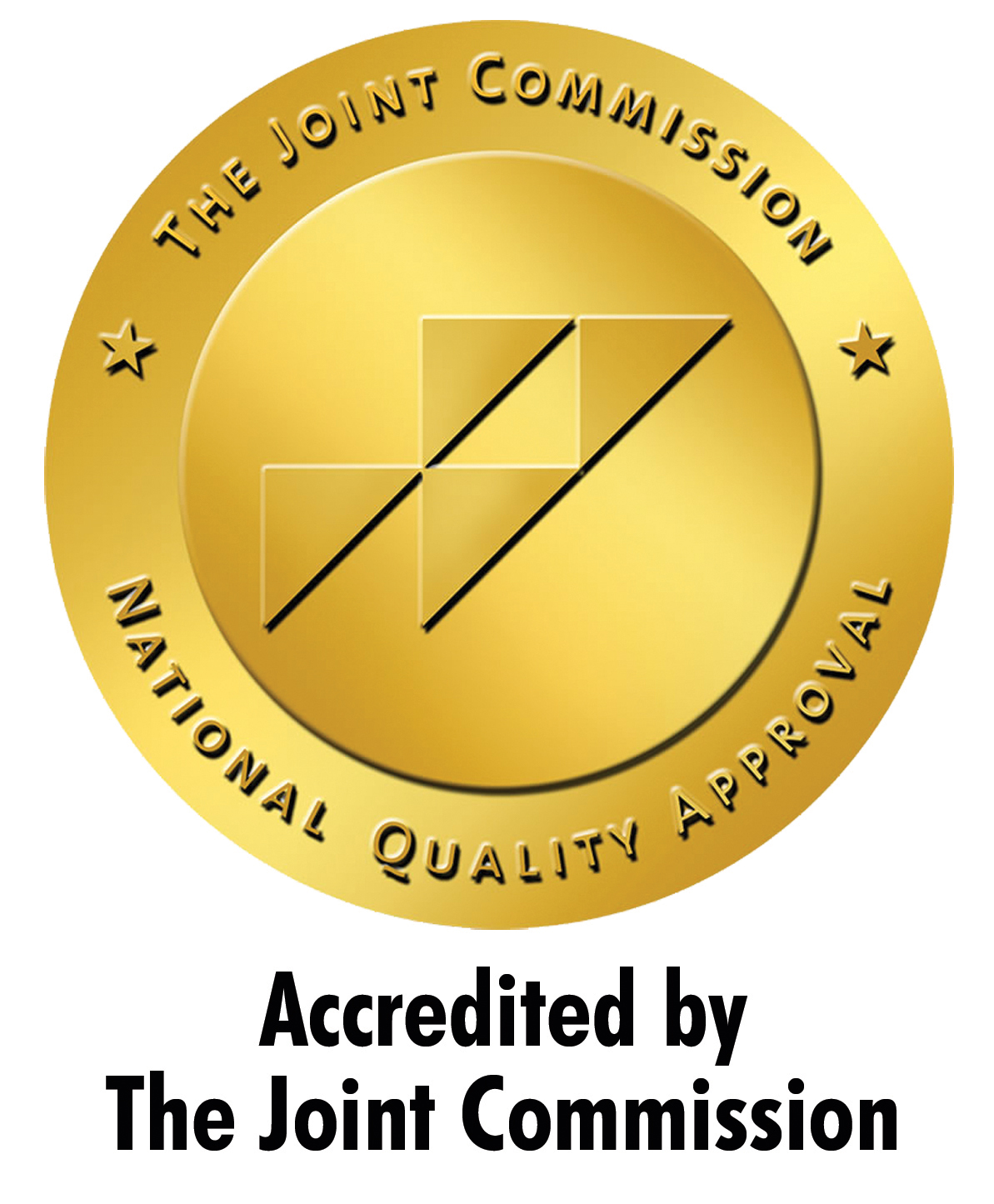Be a Lifesaver This Holiday Season: 5 Facts about Suicide You Should Know and How You Can Help
Studies show that the holiday season can be a particularly trying and sad time for many adults, especially those who may have lost loved ones over the past year or are adjusting to changes in job status. Each year, over 40,000 Americans die by suicide–that’s one every 12.77 minutes. The statistics can be overwhelming, but each of those lives represents a real person whose life can be saved by someone reaching out.
Will that person be you?
1. Suicide Is a Major Public Health Problem
With 40,000 deaths per year, suicide is a leading cause of death in the United States. It is the 2nd leading cause of death among ages 10-24, 5th among ages 45-49, and 10th overall. Americans attempt suicide 1 million times annually, resulting in $44 billion in medical costs and lost wages. With 90% of those committing suicide having a psychiatric disorder at the time of death, it is clear that many of these tragic losses of life can be prevented. But how do you know when to help?
2. There Are Usually Warning Signs
Suicides rarely occur in a vacuum. Keep your eyes open for the following warning signs exhibited by family members, students, neighbors, friends, or coworkers:
- Talking about killing themselves, feeling hopeless, having no reason to live, or being a burden to others
- Increasing use of alcohol or drugs
- Looking for suicide methods, such as searching for materials or means online
- Withdrawing from activities
- Isolating from family and friends
- Sleeping too little or too much
- Visiting or calling people to say goodbye
- Giving away prized possessions
- Aggression
- Fatigue
- Displaying one or more of the following moods: depression, anxiety, apathy, irritability, humiliation, agitation, or rage
3. Some Populations Are At Greater Risk
You can be a lifesaver by paying special attention to those who are at greater risk for suicide. Risk factors can relate to health, environment, or personal and family history.
Health
- Mental health conditions, such as depression, anxiety, bipolar disorder, schizophrenia, psychosis, and substance abuse
- Traumatic brain injury
- Serious or chronic health condition or pain
- Smoking
Environment
- Access to lethal means, such as firearms and drugs
- Prolonged stress, such as harassment, bullying, relationship problems or unemployment
- Stressful life events, such as death, divorce, or job loss
- Exposure to another person’s suicide or sensationalized accounts of suicide.
Historical Factors
- Previous suicide attempts
- Family history of suicide
- Child abuse
4. There Are Resources That Can Help
If you suspect that someone may be at risk for suicide, it is essential that you point them to health resources that will offer immediate help. Reassure them that you will always be there to listen but that they must also seek professional care.
There are many resources available in our community to support you and your loved one:
Community Mental Health
Call 330-343-6631 or 330-627-4313
Personal and Family Counseling
Call 330-343-8171
Crisis Services
During a crisis, professional support is available 24/7 in our community as well. Call 330-343-1811, 330-627-5240, or 1-800-273-TALK for help. New Life Counseling also offers support during a crisis; call 330-343-6600.
If you need support beyond the Trinity Hospital Twin City community, take advantage of these resources:
Find a behavioral health provider:
mentalhealthamerica.net/finding-help
Go to a nearby health care provider:
Psychiatric hospital
Walk-in clinic
Emergency department
Urgent care center
Make a call:
Suicide Prevention Lifeline: 1-800-273-TALK
Emergencies: 911
Chat online:
5. A Conversation Can Make All the Difference
When you believe someone is at risk for suicide, don’t assume that other friends or relatives “have it covered.” You may be the only person reaching out. Find a place for a private conversation, and let them person know you care about them. Ask directly about suicide, without panic or judgment. Calmly communicate that you take their concerns seriously and that their life matters to you.
People thinking about suicide may not believe they can be helped. During this high-risk time, it is important to work with them to keep them away from lethal means, such as firearms and drugs, and to remind them that their suffering is temporary. Stay with them as you call the National Suicide Prevention Lifeline at 1-800-273-TALK, and follow up after the crisis to make see how they are doing.
Your friend or loved one’s life matters, and so does your help. Reach out. One conversation can save a life.
« Back to Learning Center



